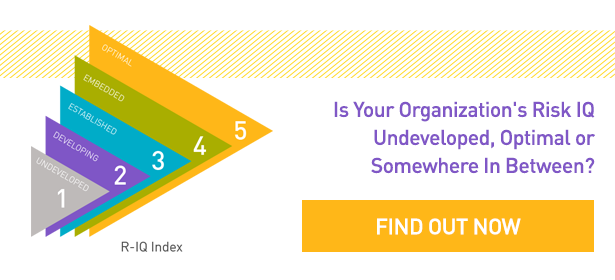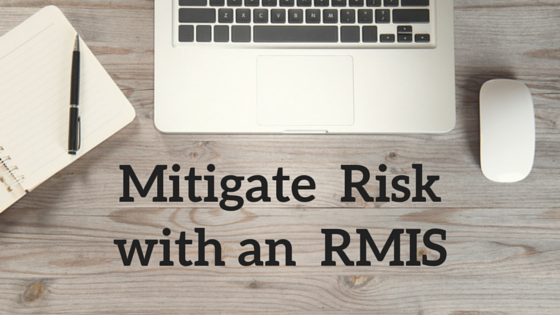
Taking risks may be inherent in doing business in any kind of competitive environment. Because of this, a company's ability to manage risks might make the difference between success and failure. A integrated risk management system, usually called an RMIS, helps prepare management for various threats by making sure that the hazards are already known, mitigated, and planned for. With that in mind, consider various types of business risks and how they can be addressed with RMIS risk mitigation.
1. Compliance
Companies can face severe penalties and bad press when they fail to comply with financial or safety regulations. The risk of a failure to comply with government rules and regulations that govern a particular business is real and growing. Besides that, laws may change frequently, so companies have to be agile and responsive. Very often, compliance issues are the unintentional result of poor management, oversight, or simply bad data. A good risk management system can help management stay in compliance in many ways. For example, an RMIS can help produce compliance reports and send out alerts before these reports are due.
2. Operational
Operational risks are those that stem from some failure in the day-to-day operations of a business, often because of human error. These errors could cause costly accidents in the field or overpayment for commercial insurance policies. An integrated approach to all facets of risk management can help reduce operational risks and save companies money. Risk management software can help with everything from implementing training programs to spotting incident trends to buying the right insurance polices at the right price.
3. Financial
Companies lose billions of dollars because of avoidable mistakes and poor data to base decisions upon. Companies also burn a lot of money because it takes extra time to gather, validate, and audit data that comes from ad-hoc or improvised reporting systems. Of course, businesses can certainly lose money when the government imposes fines for compliance breaches. Again, good risk management technology helps companies stay in compliance, and it also provides them with easy access to much better data to base decisions on.
4. Reputation
Besides losses because of injuries, accidents, and compliance penalties, companies can suffer when any of these problems generates some bad press. Companies that use a RMIS software platform to integrate risk management into all of their business practices are more likely to avoid these kinds of issues. If they do happen, a company with proper risk management practices is likely to recover faster and be better able to defend itself. Besides just the financial gains of implementing an RMIS, having good risk management in place makes for better companies. This is likely to improve morale, generate good press, and improve a company's reputation.
You Take Risks, and We Help Manage Them
At Ventiv Technology, we understand that each client company faces its own unique business risks. We listen to each client and develop an approach that is customized to meet their needs. Contact us today to learn how we can help your company manage risks better and become a better company.














